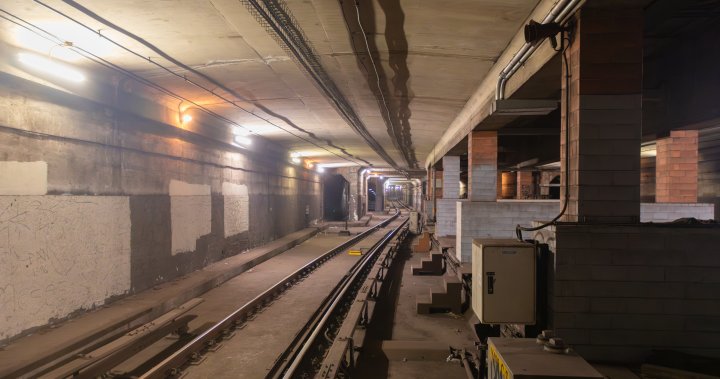The Toronto Region Board of Trade has released a report showing the skyrocketing costs of expanding Toronto’s aging transit system, with the price per kilometre of new subway and light rail tracks ballooning to over $700 million. This price is on par with other North American cities but much higher than European equivalents. The board is calling on both the Ford government and Metrolinx to learn from other cities around the world to reduce the cost of building new transit as they engage in a massive expansion in Toronto and the surrounding area. The report urges the government to ensure that lines currently under construction or earmarked for future plans are built efficiently, with the goal of reducing costs to be more in line with the $300 million per kilometre costs seen in some European cities.
The report, titled the Price of Progress, tracks the costs of building transit in Toronto and globally. It found that costs in Toronto from the mid-1970s to mid-1990s were steady at around $103 million per kilometre but have since increased significantly. Projects in Toronto are currently averaging around $700 million per kilometre, with the Eglinton Crosstown LRT set to cost $674 million per kilometre and the Ontario Line and Yonge subway extension priced at $700 million per kilometre. These costs are much higher than equivalent projects in European cities such as Madrid and Paris, but on par with costs in cities like Los Angeles and San Francisco.
To keep costs in check, the report suggests that some elements of transit expansion may need to be abandoned, such as grand station designs. Political choices, such as the decision to build projects underground to avoid impeding traffic, can also drive costs up significantly. The relatively small size of Toronto’s subway system compared to other major cities means that expansion is necessary, but the board of trade’s CEO emphasizes the importance of building efficiently to avoid overspending on transit projects. The Ford government is currently undertaking a massive transit expansion across southern Ontario, with projects such as the Ontario Line, Scarborough Subway Extension, Hazel McCallion LRT in Mississauga, and a light-rail project in Hamilton.
The Ford government’s focus on building projects underground, even in cases where it may not be necessary, is adding to the cost per kilometre of new transit lines. The government has taken steps to streamline processes and speed up projects, including breaking up the Ontario Line into sections to avoid costly mistakes. However, the effectiveness of these reforms remains to be seen, especially as the Ontario Line now stands to cost over $27 billion. The board of trade’s report highlights the need for cost-effective transit expansion in Toronto to ensure that the city can continue to grow and thrive without overspending on infrastructure projects.


